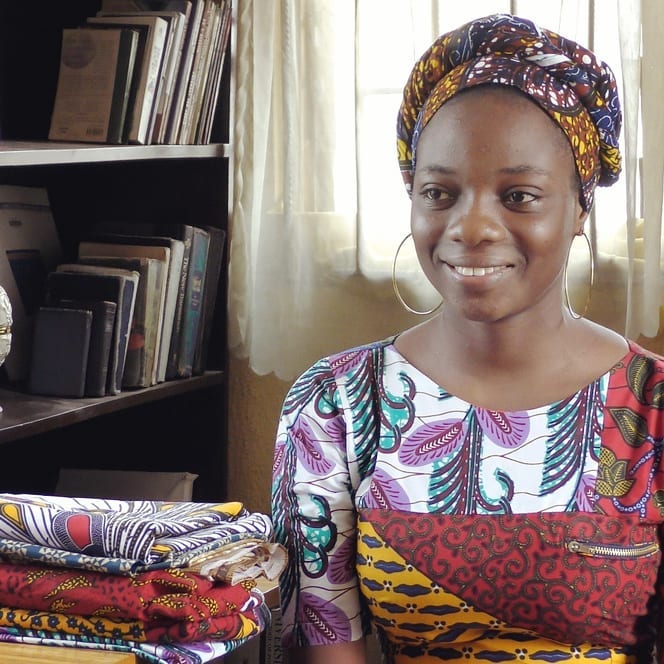Everyone loves to drink something. You must take in fluid, majorly water, to sustain yourself. Globally the beverage industry has evolved into a machine that spills out many sugary products or alcoholic ones. In Nigeria, there is no exception. Nigeria is a booming market for soft drinks, juices, and other beverages, with a population of about 216 million people. But the beverage industry has more to offer. This article will look at an overview of Nigerians’ beverage sector.
Nigeria’s economy beyond oil
Nigeria has Africa’s largest economy and is the continent’s leading oil producer. On the other hand, the country’s expanding beverage industry is home to one of Africa’s largest economies. The beverage business is also one of the country’s most significant employers, employing thousands of men and women.
The diversity of beverages available
Soft drinks, alcoholic beverages, and water are primarily manufactured, packaged, and distributed in Nigeria’s beverage business. Nigeria’s soft drinks market is the country’s largest and most popular, with several local and foreign brands. Nigeria’s alcoholic beverage business is dominated by beer, with only a few enterprises manufacturing wine and spirits. Wine and spirits are majorly imported into Nigeria.
In Nigeria, the water business primarily consists of producing and distributing drinking water, with some companies offering bottled and tap water. Leading companies include Coca-Cola, Nigerian Breweries Plc, Nestle, Unilever and Promasidor.
Herbal medicine and herbal beverages are making their mark.
Alongside the diverse beverages available to the Nigerian market, other indigenous drinks, such as bitters, are taking new heights in Nigeria and west Africa. The likes of Alomo bitters which originate from Ghana are an example in this sector. Some bitters are positioned as herbal medicine, and an estimated $50bn is to be made.
Herbal medicine is a new industry in Nigeria, having only existed for a few decades. Pax Herbal Clinic and Research Laboratories, Nigeria’s first alternative medicine research institution, was founded in 1997 by Adodo Anselm, a Nigerian scholar. Kedi, Greenlife Herbal, Global Alliance, and several indigenous producers like Yemkem International and Green Extract Nigeria are presently the country’s biggest makers of herbal medication.
Impact on the Economy
According to estimates, herbal medicine is expected to be worth $50 billion by 2030. Traditional medicine is relied on by 80% of people, especially in rural regions, for their health care requirements. The Nigerian House of Representatives believes that the herbal business may generate $10 billion in annual revenue if given the right incentives. According to the World Trade Organization, Nigeria is currently the continent’s largest food market. Statistics show that the food and beverage industry provides at least 1.5 million employees. It accounts for 22.5 per cent of the manufacturing industry’s value and 4.6 per cent of the country’s GDP.
Herbal beverages long lasting benefit fuels demand
The growing desire for natural cures and the increasing prosperity of the Nigerian populace are driving the business. Also to consider is the massive brain drain in Nigeria’s medical personnel sector. With limited conventional medicinal personnel, more people rely on traditional alternatives as conventional medicine becomes less accessible. Traditional medicine generally provides long-lasting benefits. Classic medical treatment is more expensive and may require numerous visits, which fuels the demand for natural therapies.
Ministry in Charge
The Ministry of Health and the National Agency for Food and Drug Administration and Control (NAFDAC) oversee the beverage and herbal medicine industries. Before anyone can release and market any beverage in Nigeria, you must acquire a NAFDAC certification.
Coming back to the fact that 216 million people must drink something, the beverage industry in Nigeria is only going to grow. The question would be in what direction? Is the rapid rise in herbal drinks here to stay, and would clean water remain the most popular beverage? Let us know what you think, and share your feedback and comments using our contact form.
Get our app, stay in touch and let us help you develop your ideas.
Still, with the intention to provide more tools for you, we created our tailored all-in-one app to offer up-to-date knowledge, provide exposure for social entrepreneurs and offer coaching services. Get the app (Android version) here, and for IOS users, a web app and IOS version are on it’s way. Sign up for our newsletter here to know when it is out and get consistent resources via email. If you need templates to develop your ideas, you can check our Joadre Tools. If you want to contact us, use our contact form or consult us through the app.
Thank you for reading to the end.
Cheers
Joadre Editorial team




